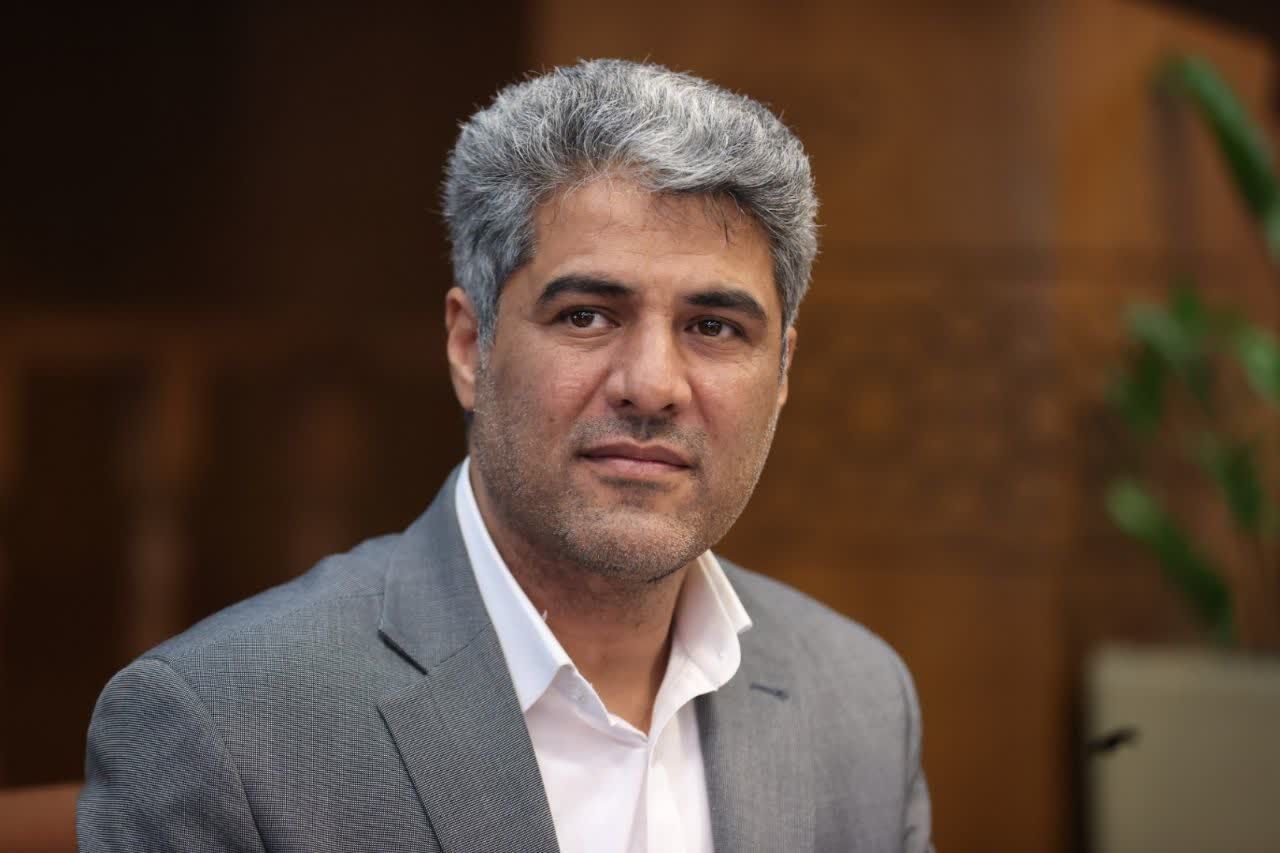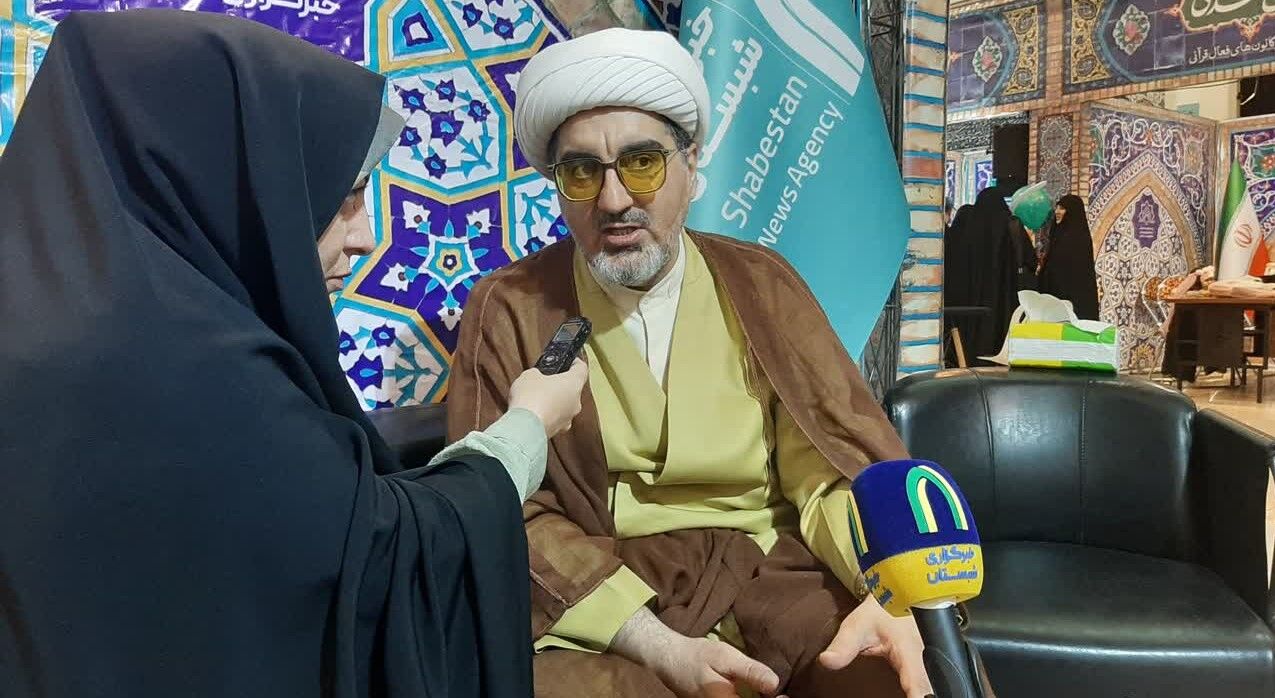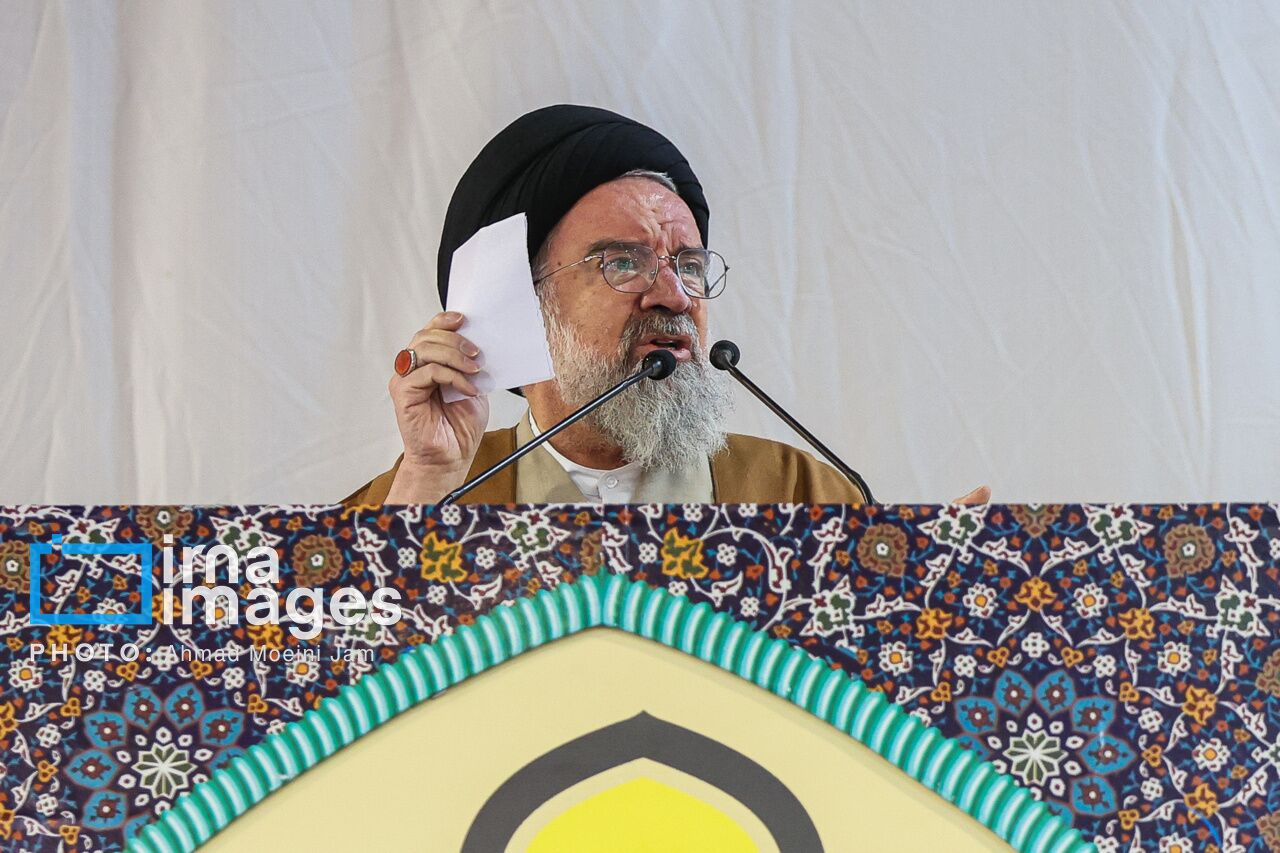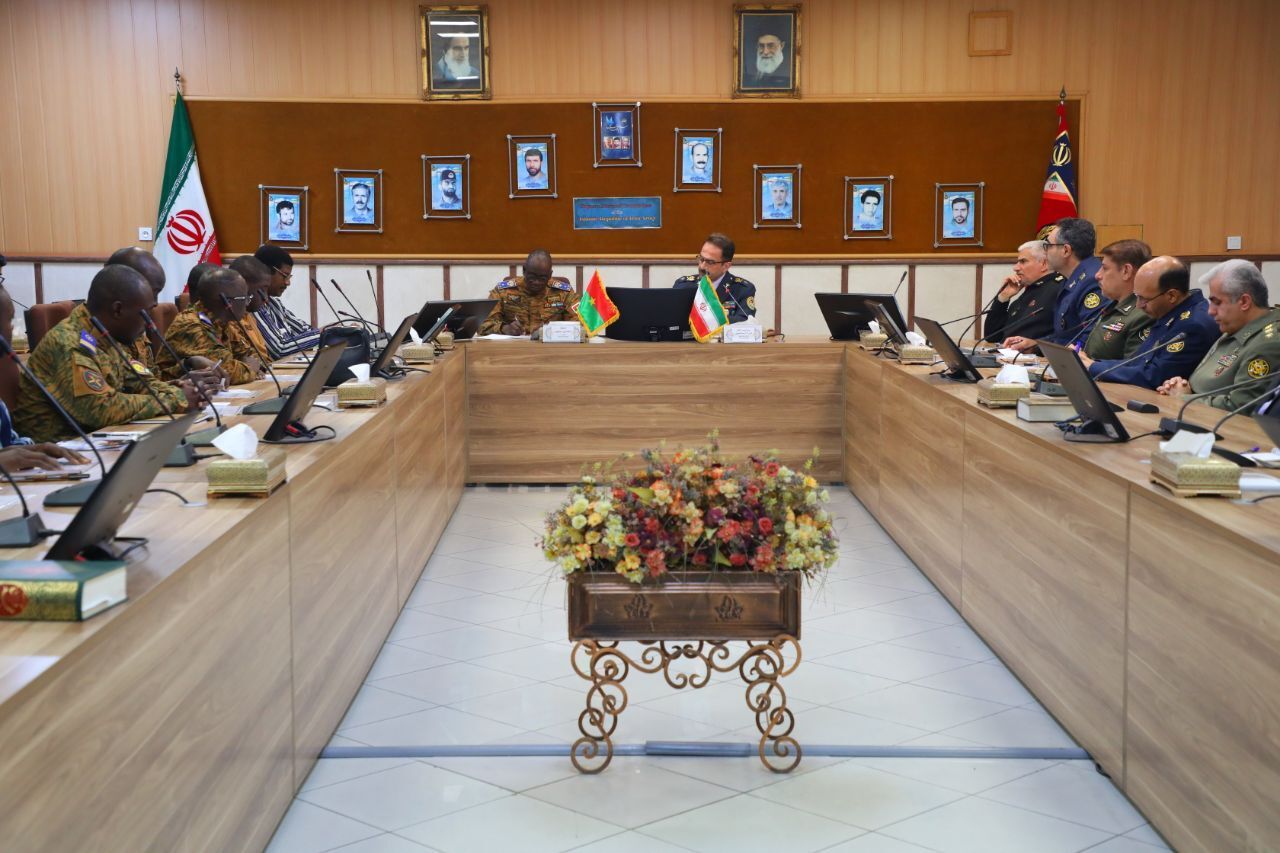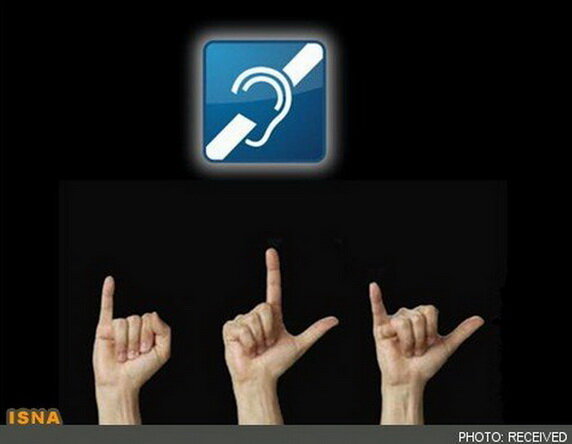From Tehran to Sanaa: Ceasefire in Gaza resonates across the region
From Tehran to Sanaa: Ceasefire in Gaza resonates across the region

In the early hours of Thursday, Jordanians took to the streets to celebrate the announcement of a ceasefire in Gaza.
Young people danced, waving the Palestinian flag, while some public schools broadcast the news over loudspeakers, amplifying the students’ jubilation.
“For the first time in two years, I wake up to news that warms the heart: a ceasefire and an agreement ending the war,” Mohammed al-Absi, a Jordanian political activist, told Middle East Eye.
“It comes soaked in the blood of Gaza’s martyrs, from southern Lebanon to Yemen. Despite displacement, destruction, hunger and genocide, Gaza’s people love life, and life is their right.”
US President Donald Trump announced that Israel and Hamas had agreed to a ceasefire that would end two years of Israel’s genocidal war on Gaza.
According to Qatar, both sides have agreed on the details of the first phase of a deal that includes three main provisions: a prisoner exchange, the entry of humanitarian aid, and a phased Israeli withdrawal.
Jordanian Foreign Minister Ayman Safadi called on the international community to “ensure sufficient and immediate humanitarian assistance to end the famine in the Gaza Strip”.
The initial stage is part of the US’s so-called 21-point “peace plan” announced last week, which includes the disarmament of Hamas, the deployment of international forces in the territory, a transitional interim government made up of technocrats, and other provisions.
Badr al-Madi, a political science professor, told MEE that “the details of Hamas’s role in the political process, the guarantees for disarmament, and the conditional amnesty remain unclear”.
“The coming days will reveal how the agreement will be implemented and whether the Palestinian resistance will continue to be part of the political scene.”
Jordanian journalist Hassan al-Barari, meanwhile, highlighted the humanitarian disaster caused by Israel’s war on Gaza, which has killed more than 67,000 Palestinians, over 80 percent of whom are believed to be civilians.
“The silence of the guns in Gaza does not mean the war is over… The destruction will be seen in its reality, stripped of justification, a witness to a crime that will not be erased from memory,” Barari said.
Over the past two years, the Israeli military has destroyed 90 percent of the Gaza Strip, reducing most of its infrastructure to rubble - including homes, schools, universities, mosques, churches, public spaces, and health centres.
‘A blessing for us, too’
In Yemen, from where the Houthis have launched attacks at Israel in what they say is solidarity with Gaza, people in homes, shops, and cafes have been closely following the news of the ceasefire.
Ali Ameen, a resident of the Maeen district in the capital Sanaa, said the ceasefire in Gaza is the best news he has heard over the last two years.
“I felt a sense of joy when news of the ceasefire broke. I imagined that the bloodshed, starvation, and fear would finally come to an end,” Ameen told MEE.
“This is a major achievement for all of humanity, not just the people of Gaza.”
Ameen said that since the war began in October 2023, he had wept many times over the images of Israeli atrocities in Gaza.
“The ceasefire cannot erase the tragedy that has already unfolded in Gaza, but it will prevent it from worsening,” he added.
The news has sparked hope not only for a lasting end to the war in Gaza but also among Yemenis who have endured multiple Israeli attacks on civilian infrastructure over the past year.
Hamza Ghurbani, a university student in Sanaa, said the war on Gaza has shaped the political and military landscape in Yemen.
“As the Gaza ceasefire begins, I feel optimistic that the situation in Yemen will improve,” Ghurbani said.
“Hopefully, the Houthi movement will stop firing missiles and drones at Israel, and the Israeli strikes on Sanaa and other cities will come to an end.
“In some targeted areas of Sanaa, we have seen a mini Gaza: horror, destruction, and casualties. So, the Gaza ceasefire is a blessing for us, too.”
According to the health ministry in Sanaa, 319 Yemenis were killed, including women and children, and 1,357 were wounded in Israeli attacks on Yemen since July last year.
Ahmed al-Ali, a former minister in the Houthi government, expressed the movement’s unwavering support for Palestinians in Gaza and its respect for their decisions.
“Any agreement related to the Palestinian issue would be dealt with in accordance with the Palestinian vision,” he said.
Ali also warned against “trusting” Israel based on its past violations of ceasefire agreements. “Keeping one's finger on the trigger to confront any potential breach is important,” he said.
'This war failed'
In Iran, meanwhile, official media, including outlets affiliated with the Revolutionary Guard, have framed the ceasefire as a defeat for Israel.
"Despite unprecedented devastation and acts of genocide, this war failed to achieve its objectives. Therefore, a bilateral agreement was sought, at least to secure one of the war’s two main aims: the release of captives,” the conservative Farhikhtegan newspaper wrote.
“As for the second goal - the destruction of Hamas - the movement’s presence as a negotiating party and signatory signifies nothing other than its survival beyond the war."
Reformist voices in Iran have also weighed in.
On his Telegram channel, journalist Ahmad Zeidabadi said that even principlists and ultra-conservative figures “now say, ‘Whatever the resistance groups and the Palestinian people accept will also be accepted by the Islamic Republic.’”
He added that there is a strong likelihood that Hamas will accept Trump’s 20-point peace plan, with only minor changes, and questioned whether Iran would maintain its stance if that happens - a move he said would mark “a dramatic shift in regional policy”.
A Tehran-based reformist analyst told MEE that Iran, having long tied “its security vital interests to the resistance, must now, through a constructive approach, claim its share in shaping the new Middle East”.
'Masterclass in opportunism'
In Egypt, local media widely presented the Gaza ceasefire as a triumph of the country’s mediation efforts and its “historic role” in securing the agreement.
State-aligned TV channels also praised the government’s “wise leadership and patience”, framing the deal as a demonstration of Egypt’s central position in the region.
'Trump positioned himself as the resolver of a centuries-old conflict'
- Said Sadek, political sociologist
Egyptian political sociologist Dr Said Sadek cautioned against oversimplifying the fragile agreement, emphasising that mutual suspicion, including Hamas’s demands for guarantees, still looms large.
“Overall, the attribution is valid but incomplete: Egypt rightly shines as the ‘facilitator’, yet the deal’s engine was US vision and Trump’s desire to win the Nobel Peace Prize,” he told MEE.
“Trump’s push for the Gaza ceasefire… is a masterclass in calibrated opportunism,” Sadek said, noting that the announcement came on the heels of the second anniversary of the 7 October 2023 Hamas-led attack on southern Israel.
“The timing… is no coincidence. It was a deliberate fusion of symbolism, psychological leverage and realpolitik.
“By announcing the deal the following day, Trump positioned himself as the resolver of a centuries-old conflict, echoing his Abraham Accords playbook.”










